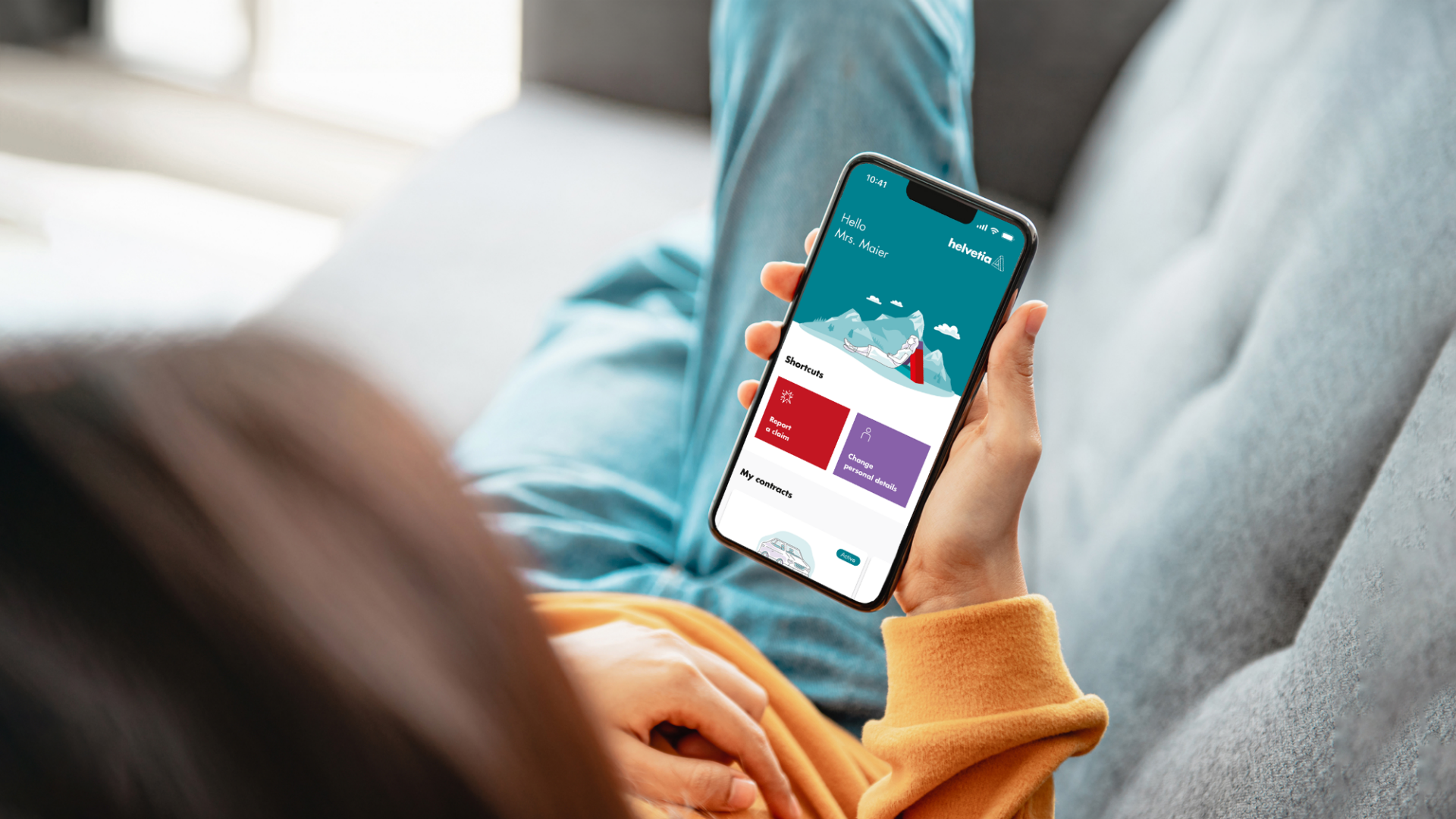-
Legal protection tip: When the free trial subscription becomes expensive
29.04.2020 | Christine WernliNathalie A. really only wanted to watch one film. Online, of course. But a few days later she received a bill for over 200 euros. Does she really have to pay it? Christine Wernli is a lawyer at Coop Rechtsschutz. She explains how Nathalie should react to the request for payment.

Legal protection tip: When the free trial subscription becomes expensive

While looking for a film, Nathalie A., a customer of Coop Rechtsschutz, found a German streaming platform. She had to register here in order to stream. But in her excitement at having found the film she overlooked the note in small print on the first page: «Test it free for 5 days. Thereafter 19.99 € per month (duration 12 months)». A few days later she received a bill for an annual subscription by e-mail. Costs: 239.88 euros. Nathalie never intended to subscribe to the service for a year. After studying the General Terms and Conditions on the provider’s website, she found the reason for the bill: «If you do not cancel your subscription during the free test phase, your account will be automatically switched to a premium account for one year», it says.
Does Nathalie have to pay the bill?
The provider points out the costs in its General Terms and Conditions but not in an adequate form. The so-called «button solution» is a legal regulation to increase transparency in online trade for value-added services subject to a fee. It requires that the price be either easily visible on the button used to accept the offer or be situated in its immediate proximity. In Nathalie’s case the price was shown above the form but not next to the button. Moreover, the second page of the registration form did not contain any indication of the fee-based service. It is therefore understandable that Nathalie overlooked the information regarding the obligation to pay a fee. Furthermore, if the price is only hidden in the GTC, the contract is not deemed to be concluded. And without a contractual basis there is no obligation to pay. The customer of Coop Rechtsschutz does therefore not have to pay the bill.
How should Nathalie react to the bill?
In this situation Nathalie should inform the sender of the bill that the contract was not concluded in a valid form and that she will therefore not pay the bill. She does not have to react to any further correspondence.If Nathalie receives a debt enforcement notice she should submit a legal objection within ten days. It would then be up to the party issuing the bill to initiate legal proceedings. As this involves costs and it will be difficult to prove the legal basis for the claim, experience shows that the provider will then usually refrain from taking further steps.
Caution with tempting offers
- Be careful if you find an apparently free offer on the Internet that you can only use by registering or providing personal data.
- Read the General Terms and Conditions carefully and look for any hidden costs.
- Do not click on any button with «Buy», «Confirm», «Start» etc. if you are unsure.










